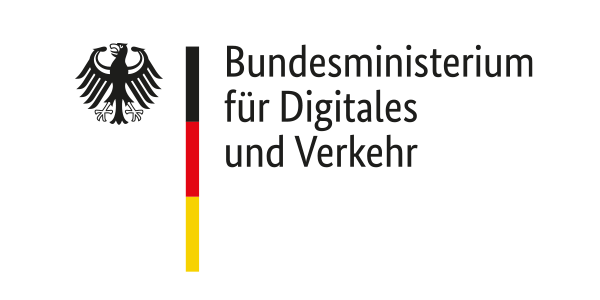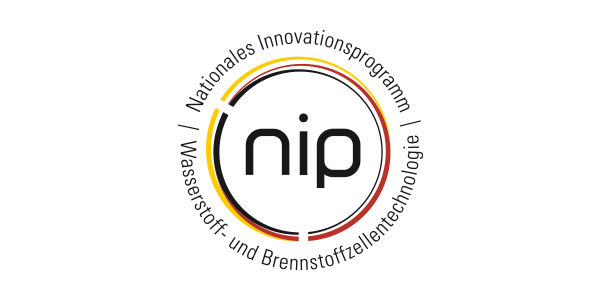In order to establish the basis for the necessary adaptation of the ISO standard for hydrogen delivery quality at filling stations, ElringKlinger is supplying a total of 68 fuel cell short stacks to a research consortium comprising several leading institutes in Germany by the end of 2022. The stacks are being used on the test stands of the ZSW in Ulm as part of a three-year research project. The fuel cell will play a key role in the transformation of mobility. It is estimated that more than 5 million fuel cell vehicles worldwide will need to be supplied with hydrogen by 2030. In Germany alone, the aim is to build 400 hydrogen filling stations by 2025. To create a data basis on which to adapt the ISO standard for hydrogen delivery quality at refueling stations, the Center for Fuel Cell Technology (ZBT) in Duisburg is coordinating the “H2Fuel” research project, in which fuel cell stacks are being used on test stands at the Center for Solar Energy and Hydrogen Research Baden-Württemberg (ZSW). ZBT’s partners in this project, which is funded by the German government through the National Organization Hydrogen and Fuel Cell Technology (NOW), are the Fraunhofer Institute for Solar Energy Systems in Freiburg, the ZSW in Ulm, Ludwig-Bölkow-Systemtechnik GmbH in Ottobrunn, and the Institute for Physical Chemistry at Heinrich Heine University in Düsseldorf. Mercedes-Benz FuelCell, Toyota, BMW and Ford are also involved as associated partners. To implement this project, ElringKlinger AG will supply a total of 68 fuel cell short stacks to the research consortium by the end of 2022. The stacks will be tested on the ZSW test rigs in Ulm over a period of three years. Shortstacks comprise a small number of cells that are built with a lower power than usual for test bench purposes. The contract also includes Membrane Electrode Assemblies (MEA), where the electrochemical reaction takes place. The first stacks will be delivered as early as the beginning of 2021. Dr. Stefan Wolf, CEO of ElringKlinger AG, commented: “The fact that fuel cell stacks from ElringKlinger have been selected to provide a scientific data basis for everyday use is further proof for us of how pioneering our best-in-class technology is. We are delighted to see valuable insights being gained with our stacks as part of this project on hydrogen quality at filling stations.” The “H2Fuel” project intends to expose the stacks to various stress situations in the context of hydrogen use over the test period in order to derive new, technically and economically suitable limit values for hydrogen quality. This is because the quality requirements for the hydrogen to be used have a decisive impact on hydrogen costs on the one hand and on the service life of the fuel cells on the other. Therefore, the project also aims to quantify possible influences of impurities in the hydrogen on the performance and lifetime of the MEA and to derive requirements for the purity of the hydrogen from this. Based on the research results achieved by “H2Fuel”, the hydrogen filling station network in Germany is to take on a pioneering role in the application of sound standards that can be implemented in practice.
ElringKlinger supplies 68 fuel cell short stacks to a research consortium
Hier können Sie diesen Presse-Beitrag teilen



